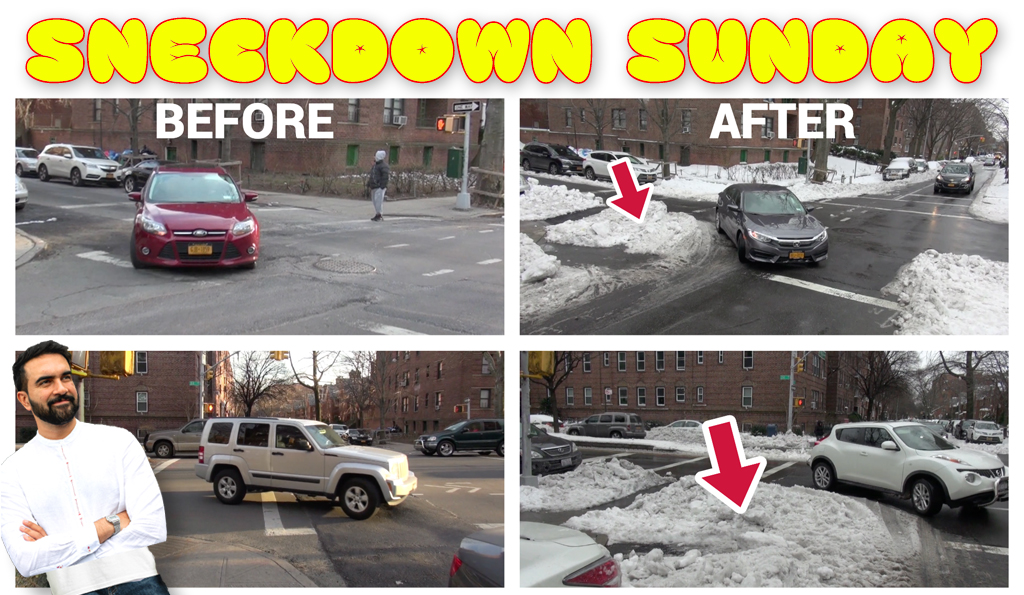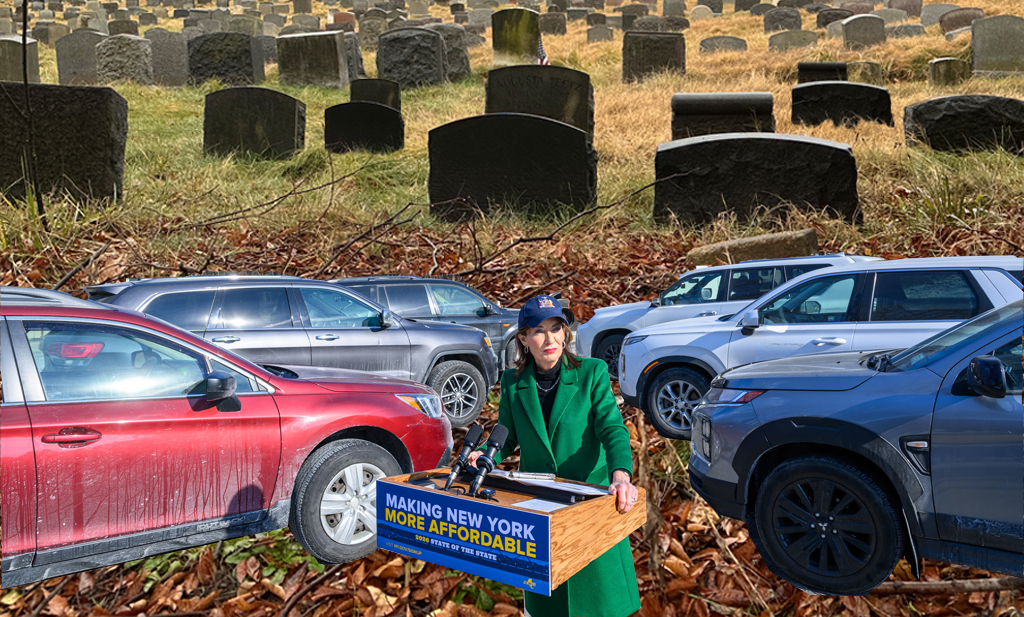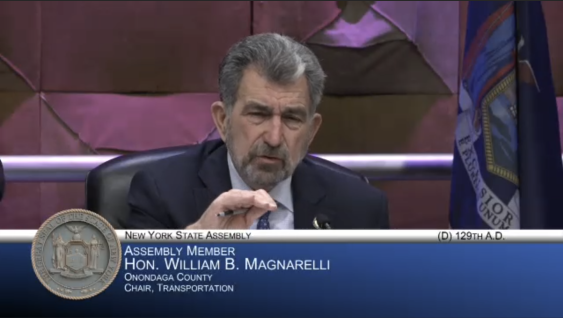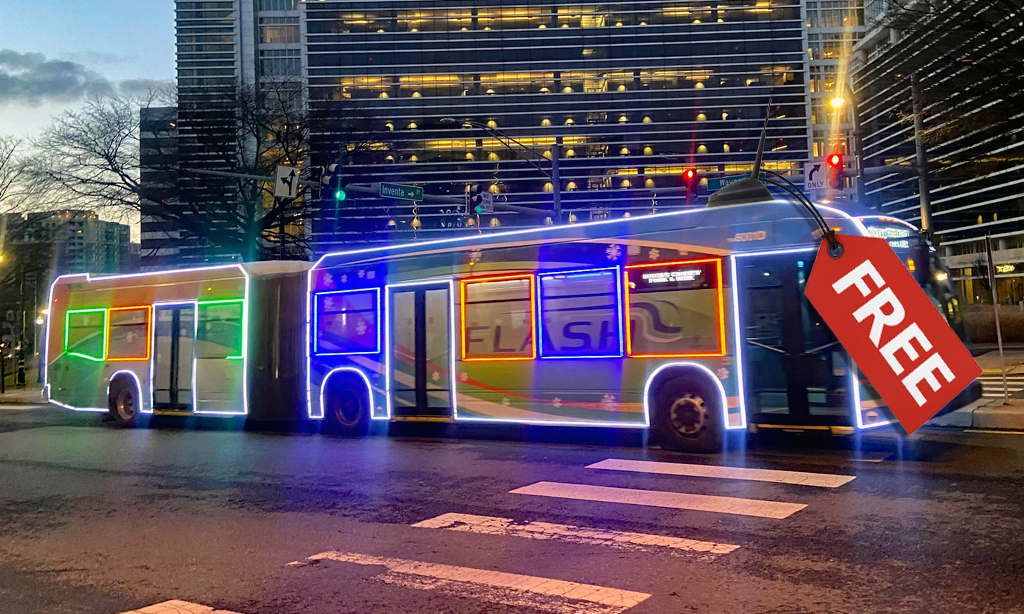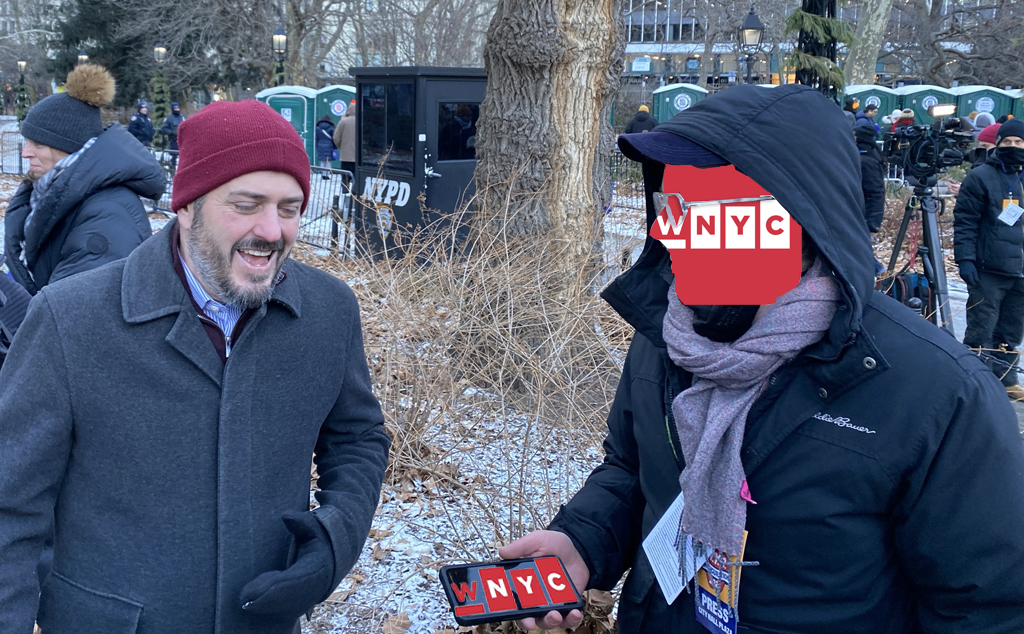Here's what's going on around the Network today:
The Costs of Not Bike Commuting: Bike commuting is cheap. When all equipment and maintenance are taken into account, it costs as little as five cents per mile. But as Lars Barfred at Copenhagenize writes, it can cost you extra on at least one measure: time.
Barfred points out that longer travel times on a bike are worth it, though, when you consider the health benefits, and he asks if the average person can afford not to spend the additional time on active transportation.
Residents of industrialized nations have average activity levels that equate to about 38 percent of our evolutionary capacity, Barfred writes, and in America we have disproportionately high rates of chronic diseases to show for it.
"Our body and mind is exactly the same as it was 75-150.000 years ago, when we hunted down animals by out-running them -- persistence hunting as it is known," he says. "Compare this to our lifestyle, traveling by car, access to food in abundance, passive work in front of a computer, if we need to speak to a person few meters away, we will call them on their mobile, because if we actually walk to their office, they may not be there."
The Congestion Relief Paradigm: It happens all the time: a newspaper prints a report about the health repercussions of congestion. Calls for exorbitant highway expansions are sure to follow.
But not all forms of congestion relief are equal, says Laurence Aurbach at Network blog Ped Shed. Transit improvements, street grid interventions, or active transportation infrastructure all have the potential to clean the air and reduce gridlock without breaking the bank. On the other hand, highway expansions will encourage sprawl, which will then worsen congestion.
Aurbach also borrows from Todd Litman of the Victoria Transport Policy Institute, who writes that tradition measures of congestion, like "Level of Service," are a poor way to judge the overall performance of city streets:
Higher density tends to increase land use Accessibility and Transportation Options, resulting in shorter trip distances and shifts to alternative modes such as walking and public transit. Although streets in higher density urban areas may experience more level-of-service E or F, implying serious congestion problems, urban residents spend less time delayed by congestion because they have closer destinations and better travel options. As a result, per capita (as opposed to per-vehicle trip or per-driver) congestion delay tends to be greater in lower-density, automobile-dependent suburban areas such as Los Angeles and Houston than in higher-density urban areas such as New York and San Francisco, because low-density areas have more per-capita vehicle mileage.
Toronto's Bixi Bike Share Expanding Outward: Because of its relatively small service area, Toronto's Bixi Bike Share has been largely limited to the urban core. But the public bike service is now expanding, and Jake Tobin Garrett at Spacing Toronto is pretty happy about it.
Since the bike service launched last spring, it has attracted 4,000 members. The relatively concentrated nature of the stations limited the area where people could use the system, however. Bixi is now shifting 17 station locations, bringing new areas of the city within the bike sharing fold.
While the service isn't adding to its total number of bikes or stations, Garrett still thinks this is a big moment. "While I agree that the system needs more stations and bikes, the relocation of stations expands the original service area, allowing more of Toronto to share in Bixi. This expansion could attract more riders at the edge who were hesitant to join Bixi, bolstering the case for more bikes in the future. This is a bigger Bixi, and we should be happy for it."

